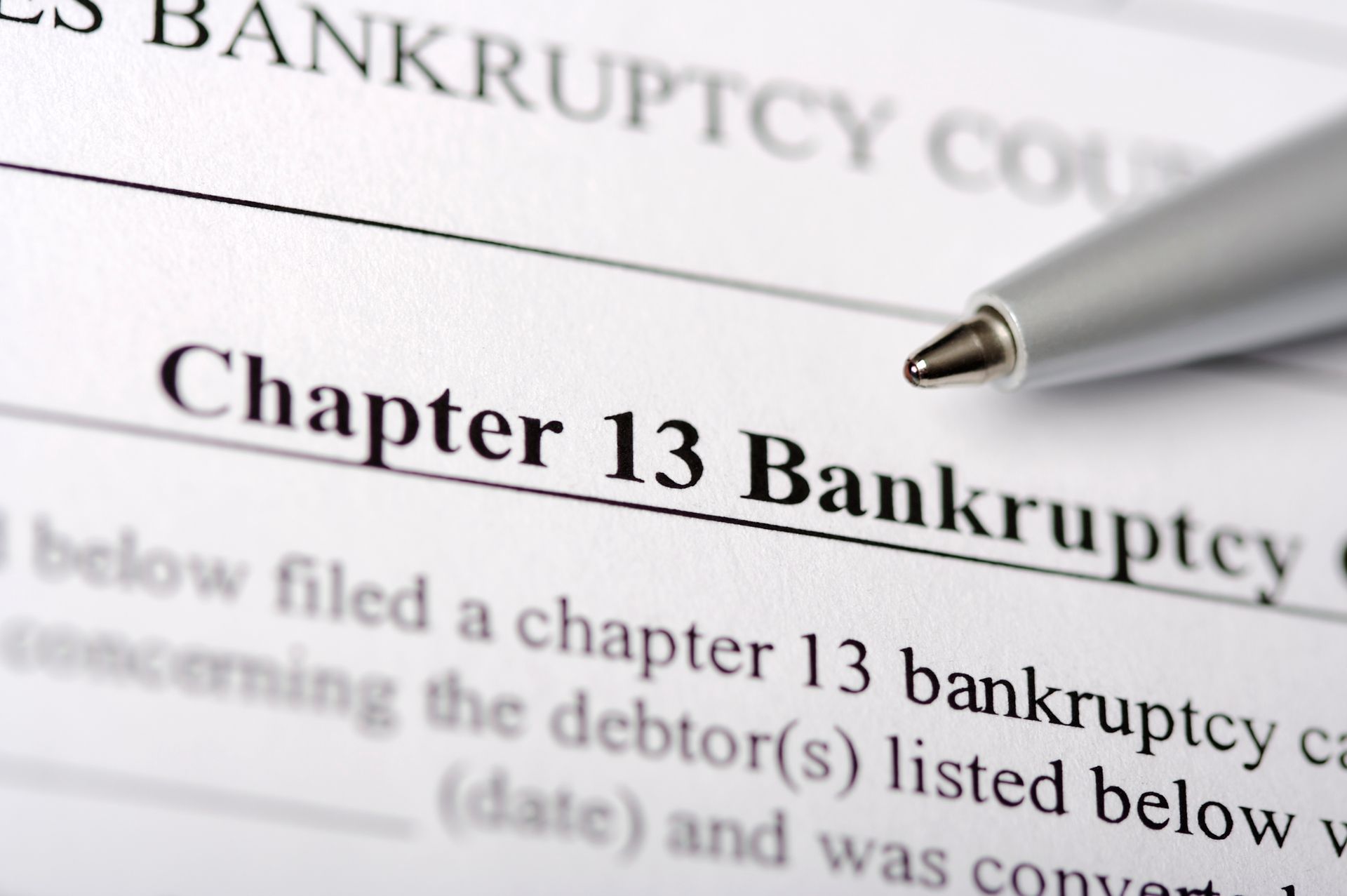Can I Refuse to Join an HOA in New Jersey?

If you are a prospective homeowner considering purchasing within a neighborhood governed by an HOA, you should know your legal rights under their governance.
Homeowners Associations are more prevalent with every new housing development, and homeowners continue to chafe against HOA rules and regulations. If you are a prospective homeowner considering purchasing within a neighborhood governed by an HOA, you should know what your legal rights are under their governance.
Can you say no to joining an HOA? Perhaps, but you also have other options that may well be worth pursuing. Whatever your situation, Veitengruber Law will exhaust every avenue to help you gain autonomy over your home.
HOA Rules
HOAs create their own charters that detail how homes within their boundaries should be maintained, how homeowners should behave, and whether or not additional construction (e.g. sheds and granny units) shall be permitted. While there are certainly homeowners who prefer the security and predictability of buying under an HOA, there are downsides to consider.
Voluntary HOAs
As the name suggests, there are HOAs that are structured to be voluntary. While you’ll be able to easily decline membership in the HOA, you will be relinquishing your claim to the membership benefits as well. Before you decide whether or not to join, we can assist you in analyzing the specifics of the HOA to determine whether or not their rules will be a good fit.
Mandatory HOAs
Mandatory HOAs are by far the most common type, under which membership is non-negotiable. If you are sure you will be unhappy as an HOA member, we recommend finding a home that is located elsewhere.
New HOA Formation
If you have purchased a home within a growing community and an HOA is forming in your neighborhood, you will almost invariably be permitted to opt out. This likewise applies if your home is currently governed by a voluntary HOA that converts into a mandatory structure in the future.
However, you will hit a snag if you purchase a home that was originally under a voluntary HOA that has since converted into a mandatory HOA. You will be required to join the HOA to close on your desired property.
HOA Powers in New Jersey
In New Jersey, we do not have specific statutes that oversee and regulate their activity, but HOAs are bound to the rules contained in the New Jersey Planned Real Estate Development Full Disclosure Act (PREDFDA).
While each HOA is potentially unique, they often contain Articles of Incorporation, Bylaws, Declaration of Covenants, Conditions and Restrictions, and further rules and regulations.
However, HOAs are still subject to federal laws, including the ADA and the Fair Housing Act.
In New Jersey, an HOA can:
- Collect assessments for common expenses
- Regulate common areas
- Dictate exterior paint colors, fencing, and parking arrangements
- Collect charges for late payments of assessments
- Levy reasonable fines
- Foreclose on a house for unpaid liens
Can My HOA Impose Fines on Me?
According to their charter, an HOA can fine any member for violating their rules. Fees will vary wildly from HOA to HOA and by severity of infraction, but $20 to $500 is within the expected range.
How We Can Help
As your attorneys, we at Veitengruber Law will evaluate all HOA rules that apply to your current or prospective home. Additionally, we can help you file complaints against your HOA, petition to leave the HOA, or even work to have the HOA dissolved.
How to Dissolve an HOA
Make no mistake: this is the nuclear option. It is a tremendous amount of work, but we will toil alongside you if you decide you’re up to the challenge.
An HOA will likely include a detailed process that must be followed to dissolve the association within its governing documents. If your HOA does not, the board members will have to decide to propose disbanding the HOA to all members.
In order to pass the resolution, you’ll have to gain support from more than two-thirds of voters. If you wish to throw your efforts into ensuring the motion passes, we recommend first joining the board, and then gradually speaking with homeowners to determine whether or not you can depend on them when it’s time for the vote.
Because the dissolution of an HOA must be overseen by a NJ real estate attorney, the cost of retaining our services may be divided between all homeowners who wish to see the HOA disbanded.
The Detail-Oriented Approach
As outlined above, the process of overturning an HOA is complicated, time-consuming, and costly. Before we recommend this avenue, consider whether there are specific rules of the HOA that you find untenable.
If your neighbors aren’t happy with the way the management is operating the HOA, or your unhappiness does come down to specific rules, there may be an alternate approach that will work: change from within.
Like disbandment, this method requires intensive effort, long months or years of work, and may not be successful. You will have to join the HOA, attend all board meetings, and continually advocate for the changes you desire.
If all else fails, become a board member. With enough time and political acumen, an HOA can be transformed from within.
The Takeaway
Before you search for a new home, determine your stance on HOAs. If you do wish to analyze the rules, regulations, and covenants to which you would be agreeing, please engage our services. Failing to do so may ultimately lead you to regret your decision to purchase within HOA boundaries.
Whether you are considering joining an HOA, are already an unhappy member, or are searching for a new home, it is always wise to have a reliable real estate attorney by your side. After all, HOA complexities are only one of a great number of situations through which
Veitengruber Law can work on your behalf.










